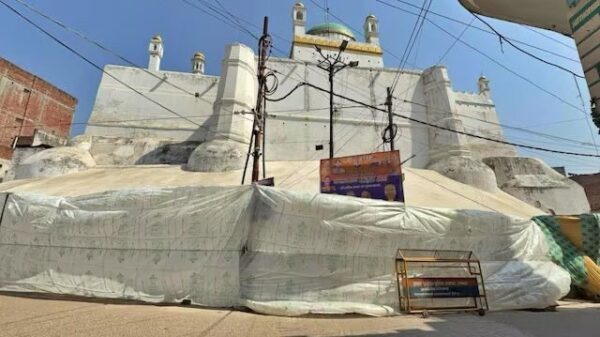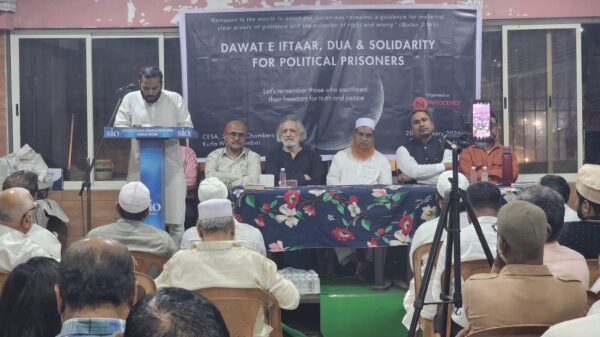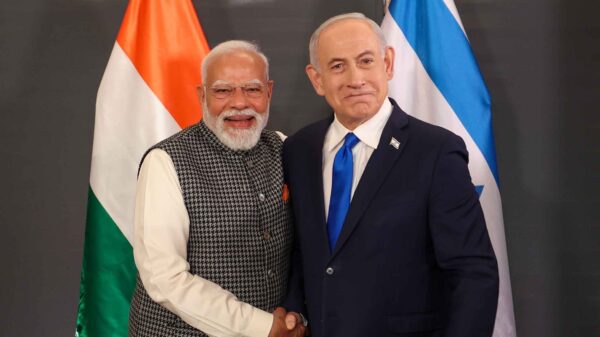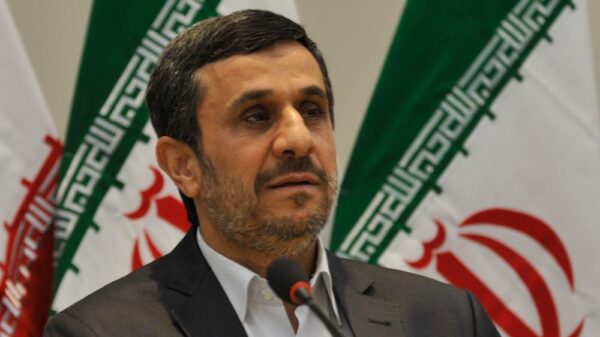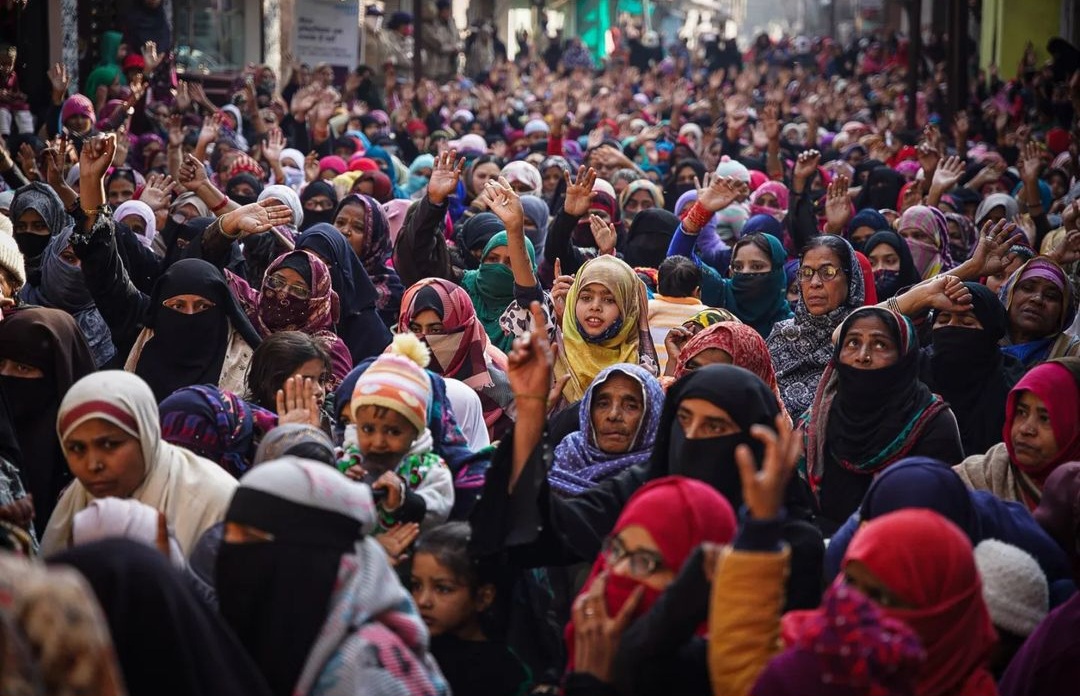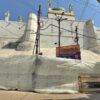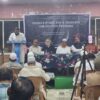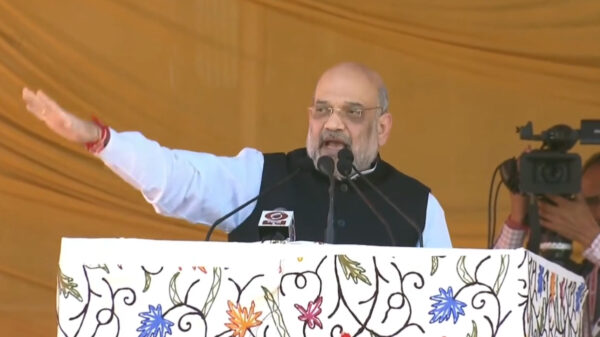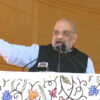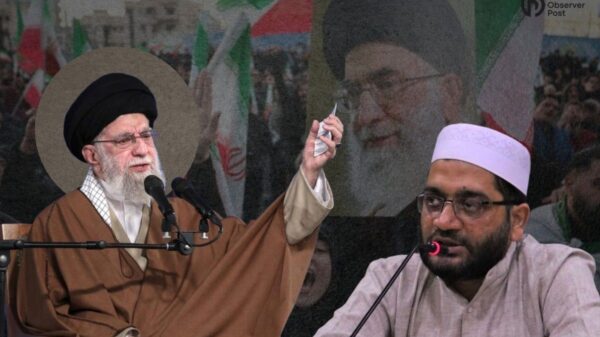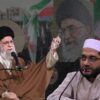Months after a previous bout of unrest following the Purola incident, Uttarakhand, a mountainous state in northern India is witnessing a systematic campaign, which includes calls of mass violence, intimidation and harassment against Muslims to expel them out of ‘the holy land’.
The trigger for the current wave of anti-Muslim sentiment in Uttarakhand originated from the accusation of ‘love jihad’ – a conspiracy theory that claims that Muslim men lure and marry Hindu women to convert them to Islam.
The trouble for Muslims started on May 26, 2023, when two men allegedly tried to kidnap a 14-year-old Hindu girl in Uttarakhand’s Purola district. The men were caught by the locals and handed over to the police, who charged them under various laws, including the Protection of Children from Sexual Offences (POCSO) Act.
One of the accused was a 24-year-old Muslim man, who became the soft target of a vicious campaign by Hindu groups. They claimed that he was involved in ‘love jihad’.
The term ‘love jihad’ has been used by Hindu extremists to justify violence and discrimination against Muslims in India, especially in states ruled by the BJP, such as Uttar Pradesh, Madhya Pradesh, and Uttarakhand. The BJP government itself has refuted the existence of such a conspiracy in its parliamentary reports.
However, this did not deter the Hindu groups from exploiting the incident to incite communal hatred and fear in Purola, where Muslims are a minority of about 400-500 people in a population of 10,000.
The next day, on May 27, the Hindu groups, led by the Vishwa Hindu Parishad (VHP) and its youth wing, the Bajrang Dal, organised a rally in Purola, where they demanded that all Muslims should leave the town within 15 days, or face dire consequences.
They also plastered notices on the houses and shops of Muslims, warning them to vacate the properties and hand over the keys to the local administration. The notices branded the Muslims as ‘encroachers’ and ‘outsiders’, who had no right to live or work in Purola.
India’s constitution defines the country as a democratic secular nation, but since 2014 under the leadership of Prime Minister Narendra Modi, the ruling government has sought to restructure India into one where Indian citizenship and identity are rooted in religion, with Hindus seen as the true and real citizens of the country.
Hindu groups threatened to boycott and attack the Muslims who did not comply with their demands after the Purola incident. They claimed that Uttarakhand, the ‘devbhoomi’ of Hindus with many pilgrimage sites and temples, was a holy land with no room for Muslims.
Mohammad Aslam, a 35-year-old tailor and a Muslim resident of Purola, said he received a notice from Hindu groups to vacate his rented property after the alleged love-jihad incident. He had lived in Purola for 15 years without any discrimination or harassment and had many Hindu friends and clients who valued his work and skills. But now, he felt scared and unwelcomed.
The situation in Purola is not an isolated or unique case, but a reflection of the growing intolerance and violence against Muslims in India, especially under the BJP rule.
According to a report by Human Rights Watch, the BJP and its allies have “encouraged and incited hate crimes against Muslims and other minorities, while failing to hold perpetrators accountable”.
The report also states that the BJP and its supporters have “used communally divisive rhetoric and policies to polarize Indian society along religious lines, and to portray Muslims as anti-nationals, and a threat to the Hindu majority”.
The Collective, an investigative news outlet, quoted Prakash Kumar Dabral, a BJP leader in Uttarakhand’s Uttarkashi, as saying, “We will cordially chuck them out of here. We will not let them do business here, will not let them open shops. Then they will leave on their own”. He was referring to the Muslims living in the district’s western hill town of Purola.
Purola isn’t an isolated fray in the communal fabric of the state. Rallies were also held in parts of Uttarkashi – in towns of Barkot and Chinyalisaur and villages of Naugaon, Damta, Barnigad, Netwar and Bhatwari – against Muslims, laced with messaging on love jihad.
Even Uttarakhand Chief Minister Pushkar Singh Dhami has supported such claims against Muslims. Multiple times, before and after the Purola flare-up, he has called for strict action against ‘love jihad’ and ‘land jihad’.
Land Jihad is another conspiracy theory by Hindutva outfits such as VHP and Bajrang Dal that maintains Muslims have organized to capture land across India, through illegal encroachment or land deals. However, the Centre has maintained there is no legal definition of “love, or land jihad”.
The VHP and the Bajrang Dal are part of the Sangh Parivar, a network of Hindu nationalist organisations that share the ideology of the Rashtriya Swayamsevak Sangh (RSS), the ideological mentor of the BJP.
Currently, there are 1,400 RSS shakhas or branches in Uttarakhand and plans are underway to double the number in the next two years. Sangh workers explain that their work is cut out for them: they must warn the Hindu people of the dangers that Muslim residents of the state pose to the purity of their ‘holy land’.
The campaign to remove Muslims from Uttarakhand has also received clear backing from those at the top level, including Uttarakhand Chief Minister Pushkar Singh Dhami, who has been a loyal RSS worker for more than three decades.
He became the chief minister in 2021 despite being a political novice. Dhami is the representative of the RSS, and it is not surprising that he was re-elected chief minister even after losing his assembly seat in the state elections in 2022.
The chief minister himself constantly creates a toxic narrative of Muslims in the state of Uttarakhand as outsiders and jihadis. Six months after he became chief minister, Hindutva supporters at a Dharm Sansad in Haridwar urged the people to have “sharpened swords” at home to slay “intruders”.
Speaker after speaker continued to give calls for Hindus to be armed to fight the “enemies of Sanatan dharma”.
In July 2023, Hindu leader, Swami Darshan Bharti, who was also involved in the Purola and Haridwar campaigns, organized a “Dharmik Sansad” in Rishikesh, where he urged Hindus to unite and fight against the “Muslim invasion” of Uttarakhand. He also said that Muslims should be given only two options: either to accept Hinduism or to leave India.
The latest in the call of mass-violence speech series has been the Chhatarpur Hindu Chief of Bageshwar Dham who organized one-day ‘divine court’ in Dehradun, the capital city of the state, where he made controversial remarks about India’s identity and religious diversity in front of a huge crowd of devotees who came to seek his blessings.
Shastri claimed that Uttarakhand, ‘the land of the gods’, is endowed with God’s presence in every particle, and we should not tolerate any other religion except the Santana.
CM Pushkar Singh Dhami was also expected to be a part of this mega-event.







